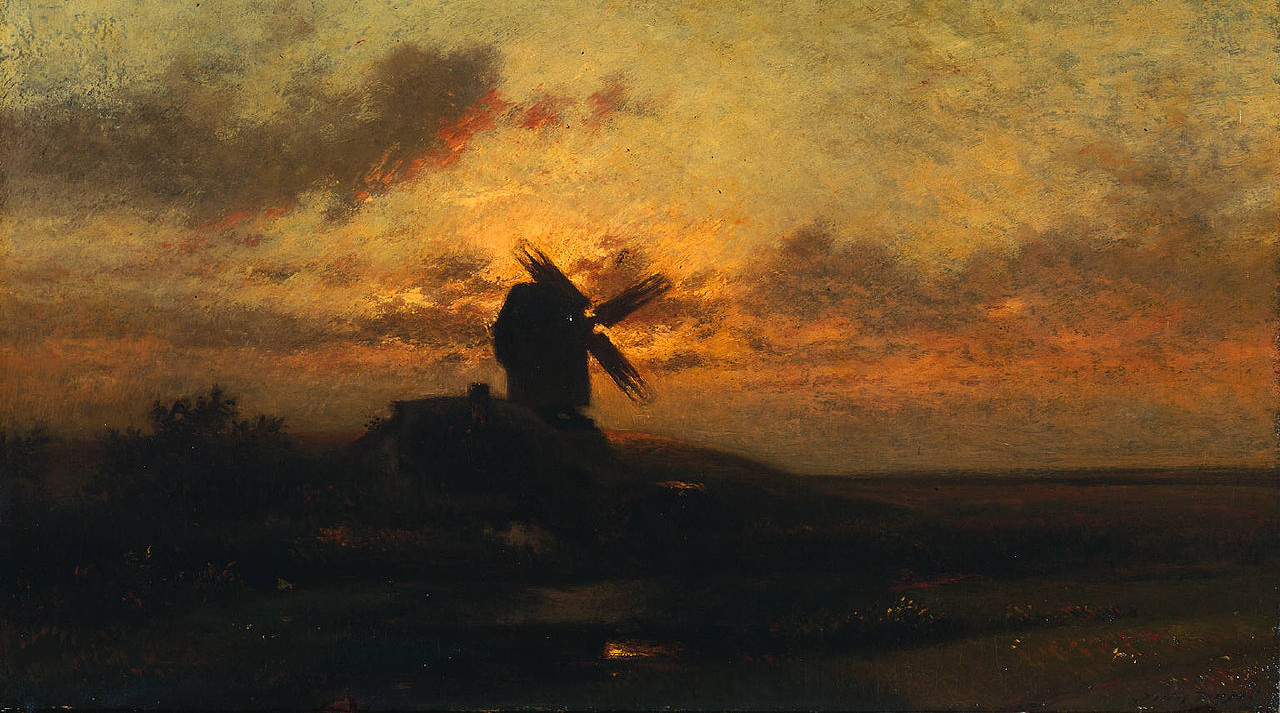It’s not unusual to hear comments and field questions about the outlandish life-choice and—with vigorous finger-waggling—“call” that have marooned me and those of my vocational ilk in a life of poverty, chastity, and obedience. Many, if not most, of these imply, with varying degrees of candor, that our hold on reality must indeed be precarious if we can so blithely forswear family, freedom, and, frankly, the chance to be happy.
That’s par for the post-Christian course.
It’s an unfortunate fact that as we become accustomed to these exchanges we risk becoming glib in how we make, understand, and explain our Christ-rooted decisions, particularly of the vocational variety.
Recently, however, I met with a more strenuous and thought-provoking version of this questioning. In the meandering course of an ordinary conversation, my companion, with narrowed eyes, put the usual question (“Why in God’s name give up A, B, and C?”) and, before I could reply, gave it a twist by asking whether my parents were religious. When I answered in the affirmative, she pushed it further. Had they always been so? More: if they hadn’t, what could possibly have made them want to be so?
For a moment, this progression was puzzling. It seemed that she wanted a seamless story, where my religious predilections were the inevitable result of a religious upbringing by religious parents who were themselves religious from their youth, and so on. On this tight genealogy of flawless, nearly fatalistic unfolding, I realized, a “conversion”—or “vocation” for that matter—could only be a fluke, a misfiring, admitting exactly zilch rational explanation. This was the crux of my companion’s questioning.
This has a certain logic to it. We typically justify our decisions by reference to some framework of meaning. If this framework is not apparent, plausible, or shared, our ad hoc attempts at explanations can only fall flat.
In this conversation, the available framework (i.e., the common ground) seemed pretty much nil. How to proceed when there’s no common ground?
By pointing to love. Or better, by pointing to the consequences of bracketing love from the explanatory apparatus we employ to describe our experiences, vocations, and so forth. Explanations of vocation and conversion narrow and falsify to the extent that they remove love, sacrifice, and gratuity from their equations.
Love is impossible and incoherent without self-gift. Without sacrifice, love remains a pipedream, wishful thinking upon the star of our own selfishness. We lose something critical in our explanations when we gloss over the element of radicality and shocking unpredictability that accompanies love and its call to surrender something near and dear—not as a tit-for-tat exchange, but as something gratuitous, and so, in a hard-to-get-a-handle-on way, mysterious.
God’s call is like an unplanned pregnancy, a life suddenly arrived on the doorstep, a question in swaddling clothes. A vocation is not an abortion of a gauzy future life, but a birth of a new and radiant life, “born not of blood nor of the will of the flesh nor of the will of man, but of God.” This passage from the first chapter of John’s Gospel is the inspired description of how God brings about new, and to some eyes strange, births of grace in the world.
There’s a certain gracious openness in nature to the invitations and courtship of grace. Grace doesn’t destroy nature, but opposes full-bore those sinful accretions on our nature that make us less than the image of God. Likewise, a conversion, a vocation, isn’t dehumanizing, a ruthless evisceration of everything that makes life worth living. Conversions and vocations always have something stupendous about them, like fire springing from water-soaked wood. They’re minor miracles, shots across the bows of the narrow, tightly-rigged stories we try to float on the murky waters of a spiritually confused time.
We were all skeptics at first, but these miracles work, and furthermore, they “work” as explanations when we give due weight to their real, graced contingency. We’d do well to remember humility and to avoid rationalization in our explanations. Better to safeguard the unplanned but providential provenance of grace while stoutly upholding the full causal reality and flowering humanity of a life born not of our poor schemes but of God.
✠
Image: Jules Dupré, The Windmill







